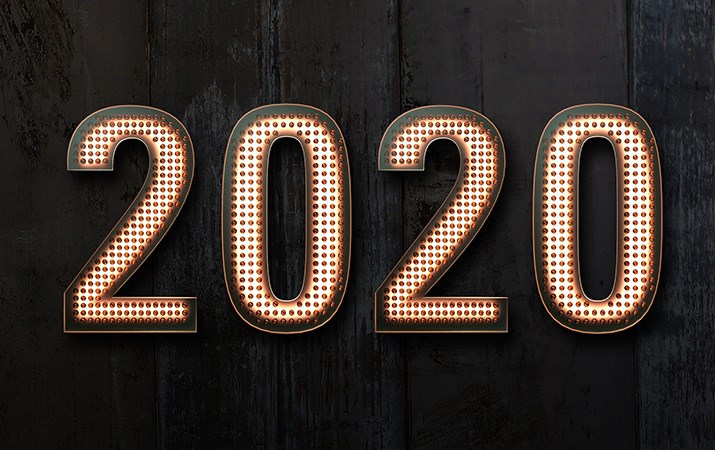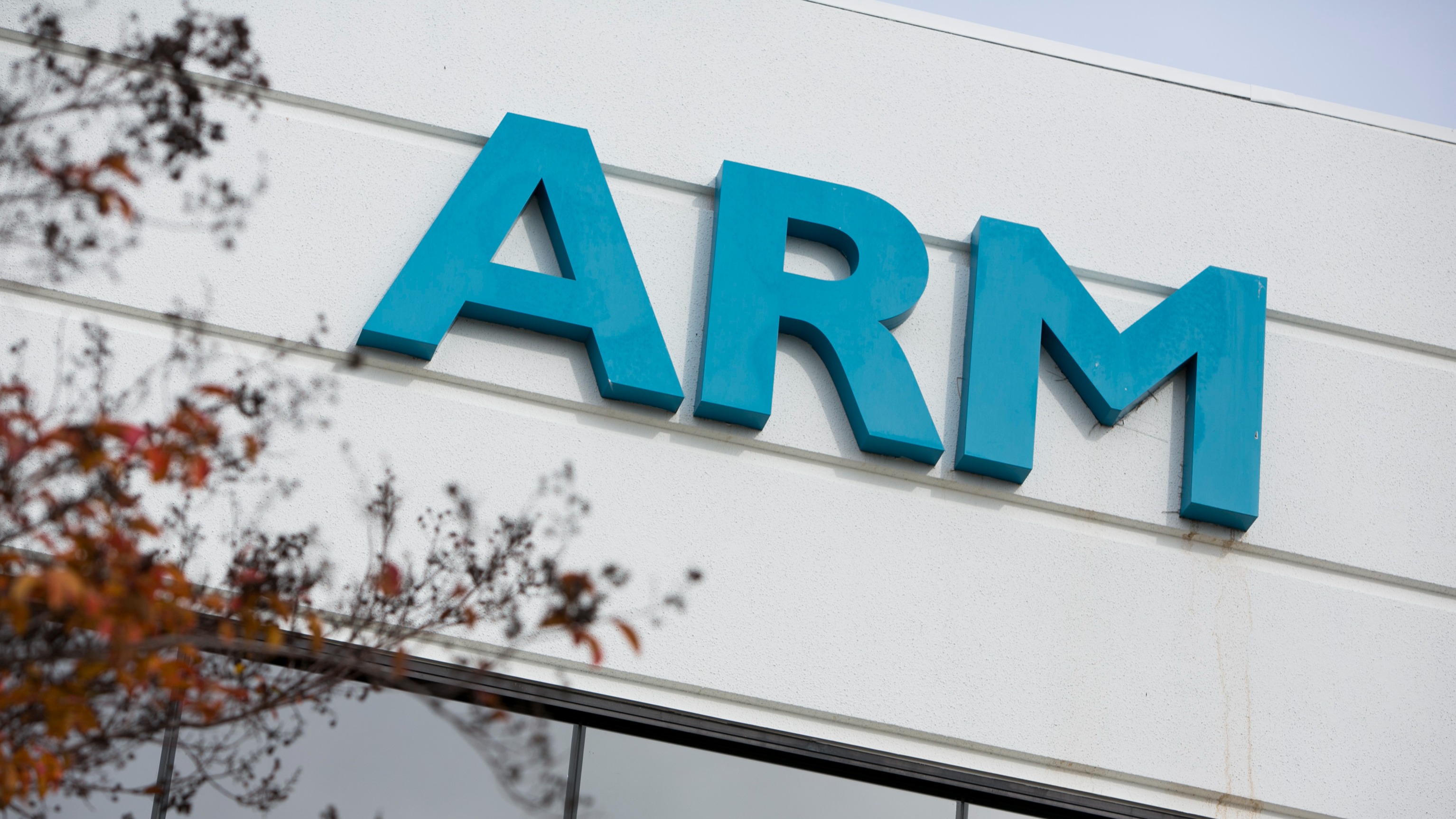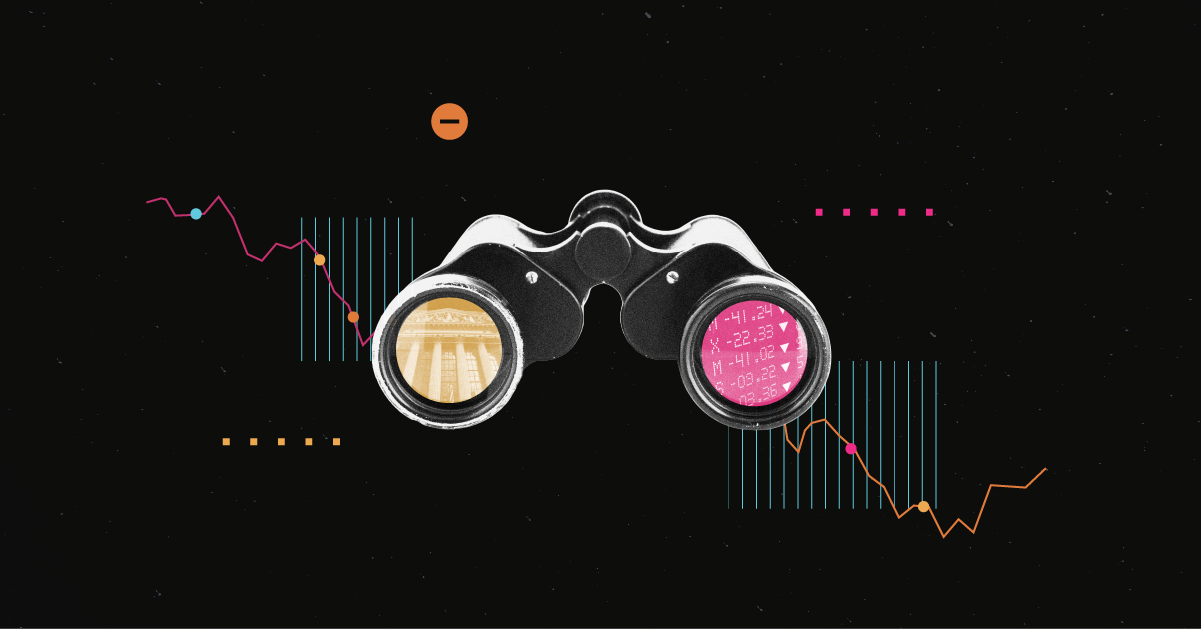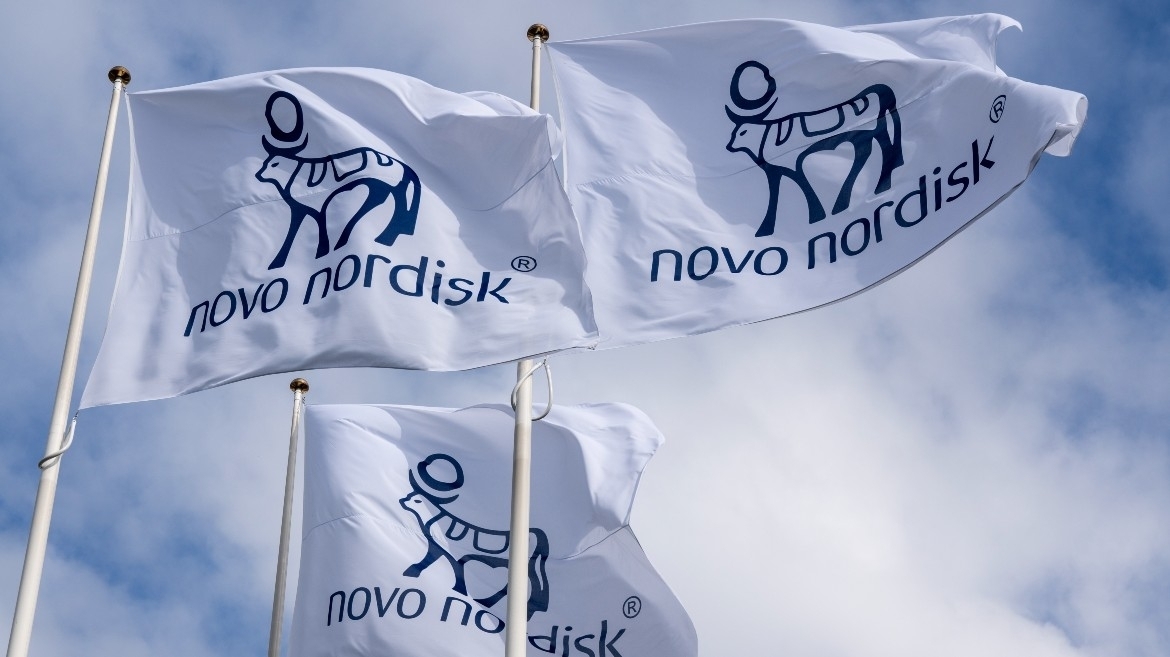Holly Black: Welcome to the Morningstar series, "Why Should I Invest With You?" I'm Holly Black. With me is Dean Tenerelli. He is manager of the T. Rowe Price European Equity Fund. Hello.
Dean Tenerelli: Good morning.
Black: So, tell us briefly what does the fund aim to do?
Tenerelli: Well, the fund aims to invest in companies across the market cap spectrum, with good return on capital employed, with good moats in their businesses, competitive advantage is strong. And we achieve to outperform the market through buying good companies at a reasonable price. We do strict DCFs on everything we buy. We're very focused on cash flow. So, we attempt to grind away and outperform the market stock-by-stock over the long term.
Black: And this is a time of year, January, when fund managers have the awful task of trying to guess what's going to happen over the next 12 months and position their portfolio. I mean, what's your outlook?
Tenerelli: Well, first, I'd highlight that we're very bottom-up and stock-specific, but we can't help but think about, you know, the environment that we are in and the economy that we are in. Obviously, we're very late cycle as far as the economic cycle goes. We are in an industrial recession, part of which was caused also by being late cycle, but also because of the trade war with the United States and China. So, it depends partly how that trade war develops or if it's settled, if it continues, but also – then we have a backdrop of central banks with very loose monetary policy. So, from my standpoint, the central banks are sort of prolonging what should have been a normal slowdown that would penetrate the economy. Normally, I would expect that the slowdown in industrial would start to permeate other areas of the economy. So, I would expect very muted economic growth for the next year or two. Within that, however, it's a very much a stock pickers market, in a sense of, you know, a lot of the industrials sold off very quickly at the end of last year. Then they sort of bounced back. And so, there are opportunities, but you really need to go through the market and go stock-by-stock I feel. And I think that's going to be the case for next year.
Black: So, there is a lot of uncertainty. Are there any reasons to be cheerful?
Tenerelli: Well, there's always reasons to be cheerful.
Black: Yeah. I mean to do with your fund.
Tenerelli: I mean, I feel that we have several really good positions that have a lot of upside. Like I said, it really is a stock pickers market. I love when stocks are beaten up and there's a bit of rotation in the market because it does create opportunity. So, we just sit back and watch the volatility and try to buy really good companies when they get sold off in that. So, I feel that we have a lot of drivers in the portfolio that could give us a decent year next year. Sure.
Black: And you talk about moats and barriers to entry. That's something that Morningstar analysts love, a good moat. Why is that important to you?
Tenerelli: Oh, it's so important in the performance of companies. When you invest in a company – my holding period probably is one-and-a-half to two years on average. So, over that time period, so many things can happen in the economy and regulation and trade wars, you know, so many unexpected things. And the stronger the business, the better the company, the more they can resist and adjust their business to overcome these issues. And that's what creates consistency in performance. In my strategy, it is investing in companies which deliver what you hope they were going to deliver.
Black: Super. Okay. So, there are a lot of unknowns in the year ahead to come. Have you got any predictions for how 2020 is going to turn out?
Tenerelli: Gosh, that would be very hard. Honestly, I would say muted growth. It could go either way. I mean, we have Brexit coming out. We have – the trade war is so important as to – and then the US election again next year. So, is it going to be four more years of aggression and trade wars or things going to calm down will make a huge difference to the global economy. So, it's so up in the air and it's so binary almost in the outcome that I don't want to say anything.
Black: It's weird that – I mean, it's not weird, but Europe seems so affected by so many external factors. Is it still in charge of its own destiny?
Tenerelli: I think Europe needs to create its own destiny. For a long time, in different areas, and you're seeing it now with defense, for example, Europe has sort of stood behind the US, and they're sort of now – we're sort of finding our way I think in Europe. I think it needs to stand out as a global power, as a global economic power, which it is, but also in strategy and in defense and in other areas Europe needs to unite and move forward or else, there could be more problems for it. So, I would hope that those things happen.
Black: Well, thank you so much for your time.
Tenerelli: Thank you.
Black: And thanks for joining us.





























